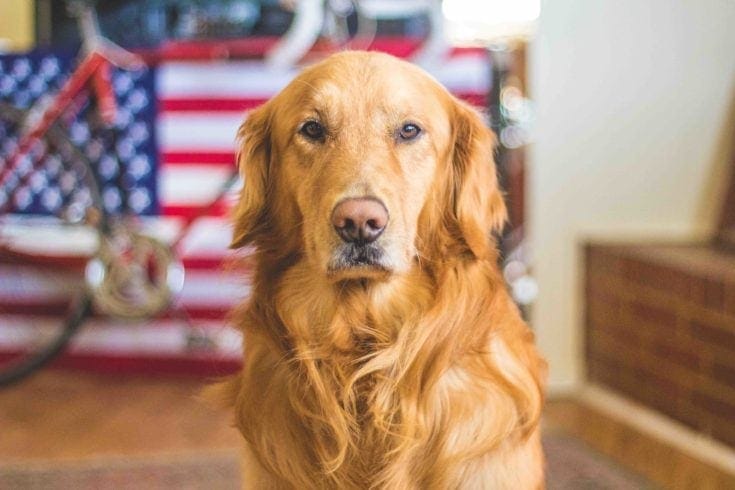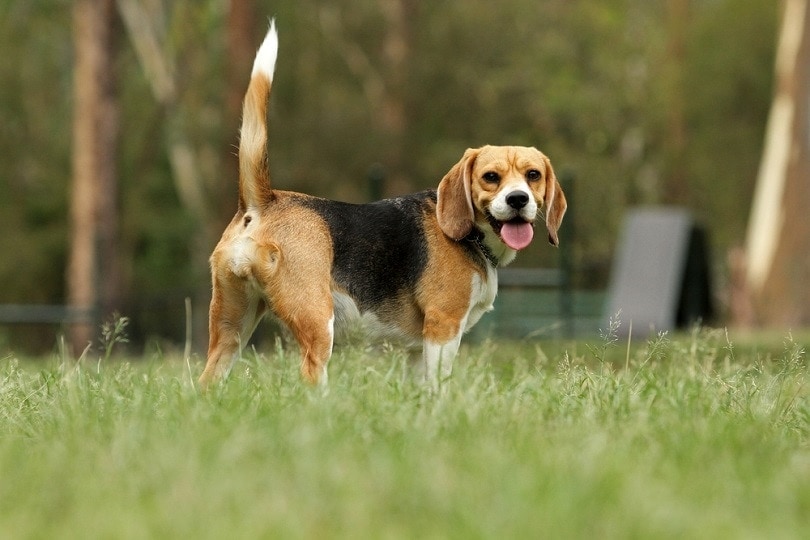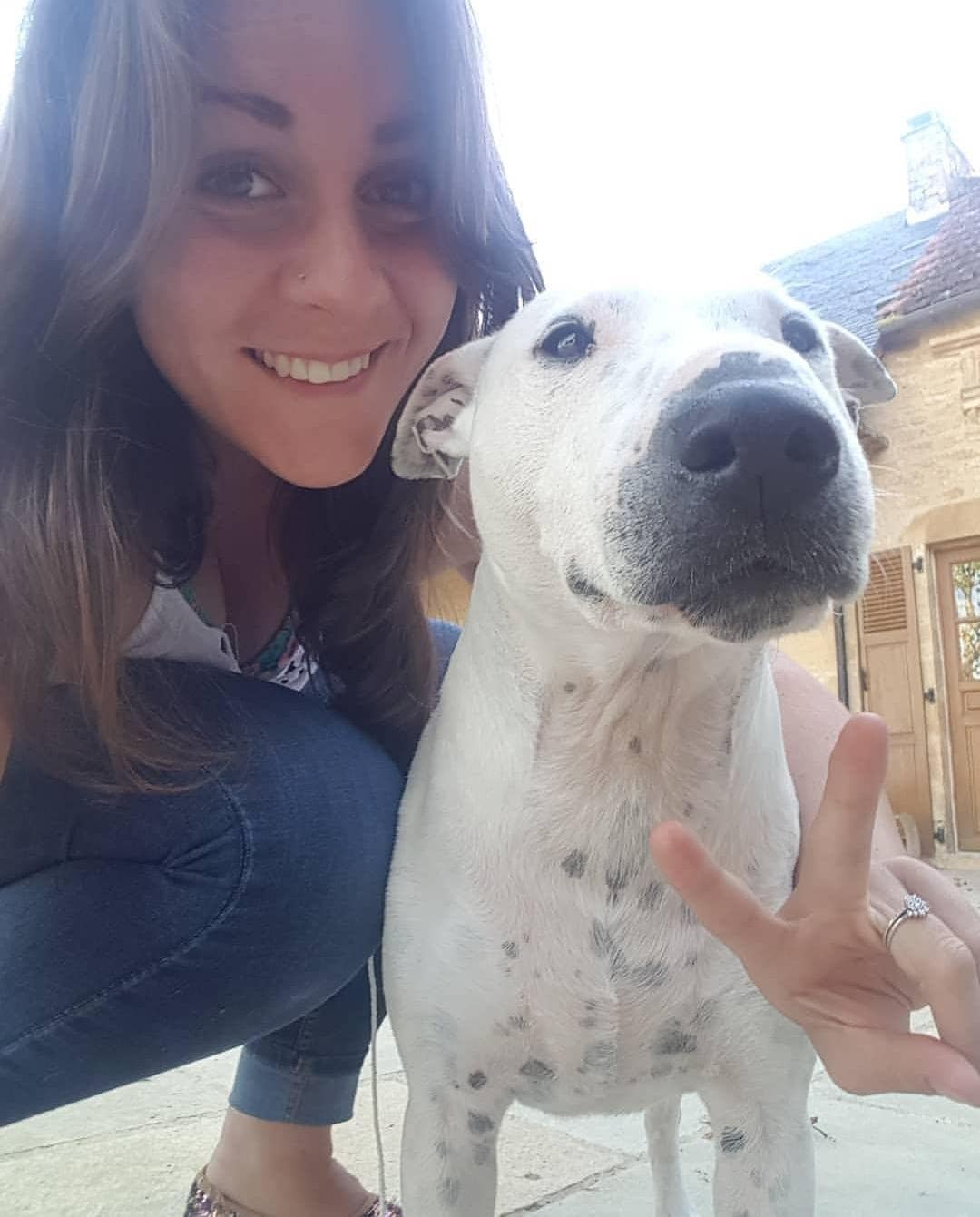Can Dogs Eat Peas? Nutrition Facts & FAQ

Updated on
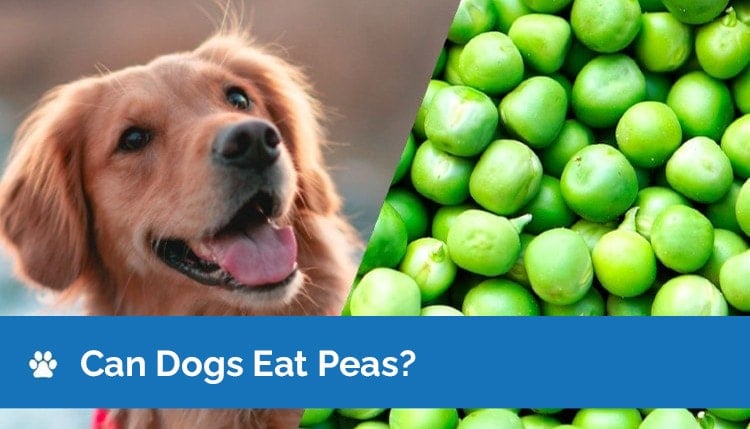
If your dog is like most, they probably snatch up any food that they can find, whether it is a meal you leave out for them or a scrap of food that you drop on the kitchen floor while making dinner for your human family members. The bottom line is that they are typically not too picky when it comes to what’s on their menu. Most dogs even enjoy eating vegetables, like carrots, as snacks or along with their meals. In fact, many commercial dog food companies include vegetables in their formulas.
This is not to say that dogs should eat every piece of product they come across, of course. After all, foods like onions are toxic to dogs and can even be deadly. But can dogs eat peas? Are peas safe for dogs? The short answer is yes! However, there are certain instances when a dog should not eat peas. Here is everything you need to know about feeding your dog peas.
Why Are Peas OK for Dogs?
While green peas should not be a major part of your dog’s diet, there is no reason that they cannot enjoy a few as a snack or as a small part of their meal. Peas contain vitamins and minerals that dogs can benefit from. These little green gems are full of vitamins A, C, and K and are a great source of fiber to help keep your pup’s digestive system working well.
Peas are also a great source of antioxidants that work to protect the immune system. Peas are not typically a choking hazard, although they can get stuck in small dogs’ throats if they are not well-cooked. They are also easy to cook and serve, making them a nutritious and healthy snack that is convenient to offer dogs at snack time.
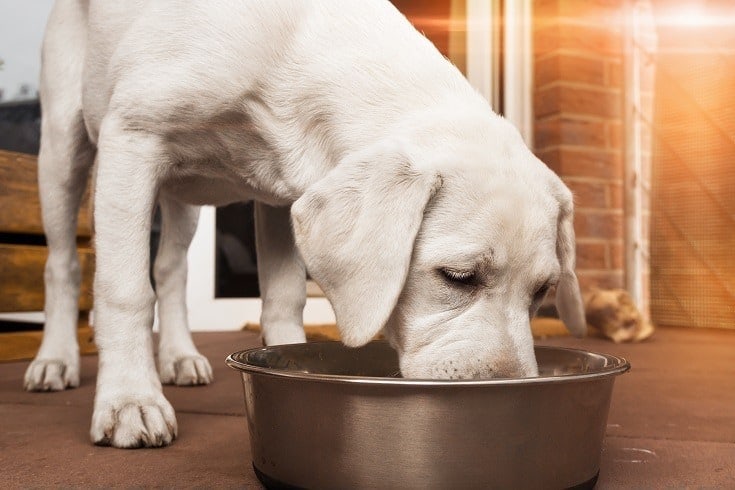
When Are Peas Dangerous for Dogs?
Peas are high in purines, which is not safe for dogs suffering from leishmaniasis. In this case, peas should be avoided altogether. Purines can also cause the development of kidney stones, especially if a dog is already susceptible to kidney problems. In this case, peas should be offered on a limited basis, if at all. Canned peas should be avoided for all dogs because they tend to be high in sodium, which can dehydrate your dog and cause poisoning and result in symptoms such as vomiting, diarrhea, and even seizures. Otherwise, peas seem to be safe for dogs in general.
How Can Peas Be Fed to Dogs?
Peas should always be shelled before they are cooked and prepared for dogs to minimize the risk of choking and to ensure proper digestion. Peas should be cooked thoroughly until they are soft because chances are that your dog will not chew them to prepare them for digestion. Thoroughly cooked peas will more easily break down in the stomach and digest easily. You can mix a small handful of peas in with your dog’s food at mealtime, use them as treats during training sessions, or simply offer a couple up at snack time. Here are other feeding options to consider.
- Make a Pea Spread. Blend a cup of peas up with a little chicken broth to make an easy spread that can be put on treats or crackers at snack time. It can also be mixed in with dry food to soften it a little for older dogs.
- Bake Crackers. Mix a cup of oats, a ½ cup of pureed peas, an egg, and a tablespoon of ground flaxseed, and let the mixture sit for 15 minutes. Then, roll the mixture into small balls and bake the balls for about 10 minutes in the oven until they become firm.
- Freeze Cubes. Blend a few peas with peanut butter, roll the mixture into balls, and freeze the balls overnight to create the perfect treat for a hot summer day.
Peas can also be used to hide the medication that you need to give your dog. Just mush peas around the pill and offer it up as a treat. Chances are that your dog will not have any problem accepting it.
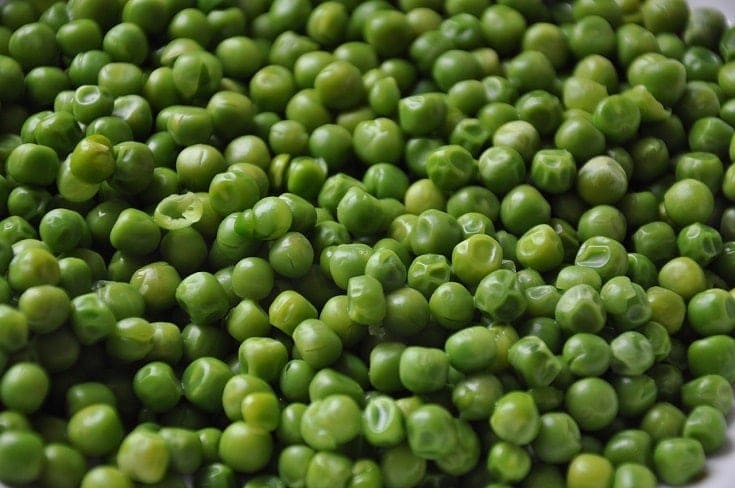
Final Thoughts
Green peas can be a healthy addition to most dogs’ diets, and they are affordable too! Any time you cook peas up for yourself, add a few extras to share with your pooch. If you are concerned about whether your pooch has kidney issues to worry about, consult your veterinarian before deciding to add peas to their diet. Are you planning to start feeding your dog peas? Why or why not? We want to hear from you in our comments section below.
Featured Image Credit: Matthias Böckel, Pixabay


